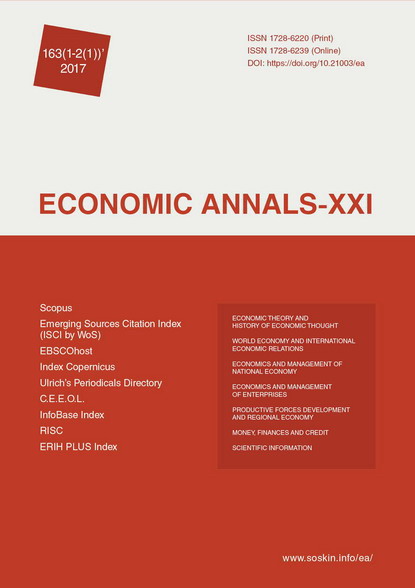Privileges as a regulator of social and economic relations in European states in XIX century
Privileges as a regulator of social and economic relations in European states in XIX century
Author(s): Aleksey Yemelyanov, Olga LarinaSubject(s): Economy, Economic history, Social history, 19th Century, Socio-Economic Research
Published by: Institute of Society Transformation
Keywords: Privilege; Monopoly; Exclusive Right; Economic Relations; State
Summary/Abstract: The paper discusses theoretical, historical and legal foundations of the institute of privileges in European states. It defines its role, social value and efficiency to regulate economic relations; identifies common and specific features of economic privileges in different countries. The historical examples of privileges are Roman immunity, Byzantine exkusseia, feudal immunity and a monopoly of any kind in a sense of an exclusive right which covers a certain type of activity, granted to the individual subject. The research covers not only the history of economic privileges and general rules of their use, but also focuses on their special type (monopolies) in order to make an in-depth analysis of specific economic processes in some European countries (Germany, Great Britain, etc.). Monopoly was one of the most common types of privilege as a form of the state regalia right implementation, it proved to be effective politically and beneficial for the government. In the XIX - early ХХ centuries monopolistic unions’ protection in the European countries facilitated industrial output and promoted technical progress and social modernization. It is concluded that privileges are immanent to the state ability to fulfill its tasks effectively at all development stages.
Journal: Економічний часопис - ХХІ
- Issue Year: 163/2017
- Issue No: 1-2(1)
- Page Range: 10-13
- Page Count: 4
- Language: English

